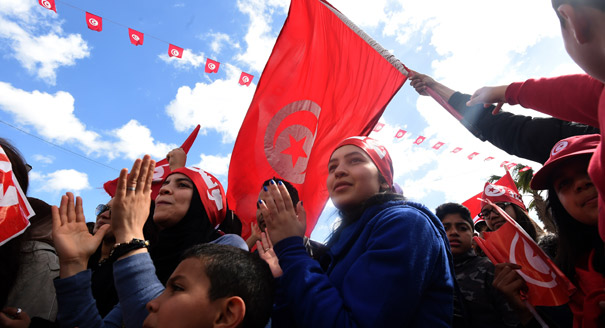Registration
You will receive an email confirming your registration.
Almost five years after the outbreak of the Arab Spring, countries across North Africa are experiencing different phases of political change. In Tunisia, a troubled democratic transitional process continues, in Egypt, the military has returned to power, while Morocco witnesses a series of gradual constitutional reforms. But despite these differences, many common denominators link these countries together, such as youth unemployment, economic development, corruption, and the need for serious reform.
The Carnegie Middle East Center hosted a discussion in Rabat, Morocco, to examine the socioeconomic situation in Egypt, Morocco, and Tunisia. Amr Adly, Idriss Azami Al Idrissi, and Ridha Saidi assessed these countries’ abilities to manage social upheaval and economic challenges in light of growing inequalities. Carnegie’s Hamza Meddeb moderated.
Amr Adly
Amr Adly is a nonresident scholar at the Carnegie Middle East Center.
Idriss Azami Al Idrissi
Idriss Azami Al Idrissi is minister-delegate for the budget in Morocco.
Hamza Meddeb
Hamza Meddeb is a nonresident scholar at the Carnegie Middle East Center.
Ridha Saidi
Ridha Saidi is the former Tunisian minister of economy.
